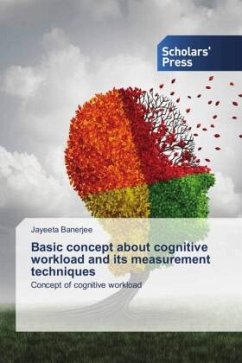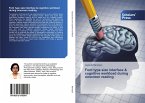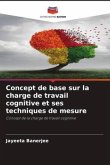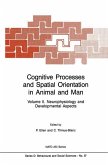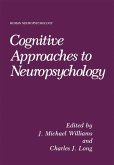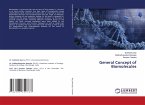Cognition is process or result of recognizing, interpreting, judging & reasoning. Cognitive as well as mental workload is an important area in recent times and it represents a subject of increasing interest. As modern technology imposes more cognitive demand upon us than physical demands in many work environments, the understanding how mental workload affects the performance is critical. Mental/cognitive workload cannot be directly observed, it must be inferred from observation of overt behaviour or measurement of psychological and physiological processes. A number of measurement techniques for cognitive workload are available. Among those the main categories of workload measures are: self-report, (ii) secondary task performance, and (iii) physiological measurement. Among different subjective measurements, NASA-TLX workload score has got much importance in this field. Physiological measures are many and varied. Heart rate (HR) and heart rate variability (HRV), Galvanic skin response (GSR), Electromyography (EMG), Electroencephalography (EEG), Event related potentials (ERP) and eye movement parameters have been considered as most common, sensitive and authentic measures.
Bitte wählen Sie Ihr Anliegen aus.
Rechnungen
Retourenschein anfordern
Bestellstatus
Storno

